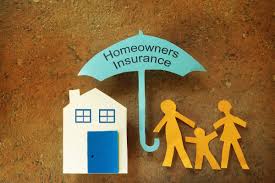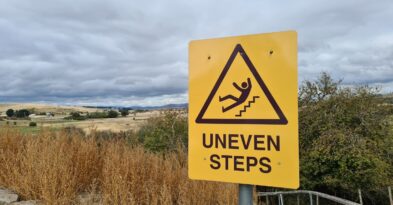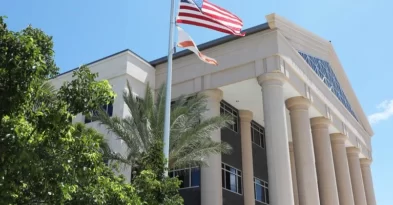Homeowner’s Checklist Post Hurricane
Avoiding a Hurricane in Florida is like avoiding your mother-in-law, it’s not possible. The aftermath of a Hurricane can be detrimental. That is why it is so important to be prepared on what to do after a hurricane does happen.
If a category 1 hurricane comes through you are looking at around 250,000 houses being affected with no power. So, imagine upping that to a category 4 hurricane where around 2.8 million houses are affected.
If you must face the aftermath of a storm (you will, we live in Florida) then these steps from our “homeowners checklist” should help you prepare for whatever is coming your way.
1. Check Your Utilities
- Knowing what is going on with your utilities is a crucial step after a hurricane appears. It can create a very dangerous situation if there are just loose electric cords everywhere.
- The most important step is if your floors are still wet make sure a professional has disconnected your electric. Being electrocuted after your house floods just does not sound like a good day
- Gas systems need to be airtight so no leaks can occur. If wind gets into the gas system it could start a small spark and your whole house could blow up, so make sure you do that as well.
- It is recommended to use a generator for a little to just ensure that you don’t blow your house up or electrocute yourself.
2. Wait Until Daylight to Assess Damage
- By waiting until the sun is back out you can properly see and access any damages that occur to your house. By being able to see everything around you there is less of a chance that you could get hurt.
- Make sure you perform a full walk around inspection of your whole house and yard. Another benefit of waiting till the sun is out that the pictures will come out clearer and help your case of getting the money you deserve from insurance companies.
3. Address Flooding in Your House
- The number one concern after a hurricane is flooding. Mold can start to grow within the first week leaving your house disgusting. The longer your house is wet from the flooding the weaker the property becomes. On top of that the structural support beams can decay!
- Start by turning off the main water line so no excess water can leak into the house. Authorities advise not to use the toilets or faucets until told otherwise.
- A sump pump can remove up to 2,000 gallons of water per hour which is great considering you will need that. If you don’t have power, it can be powered by a battery backup. You should remove water fast to reduce damage done to your house. The only time they recommend you not remove the water fast is if your crawlspace is flooded. FEMA recommends removing a third of the water a day, so the ground stays intact.
4. Inspect Appliances
- The worst thing you can do if you still have power is turn on all your appliances to see if they work. This could cause serious damage to the appliances and you! If there is still water in the appliances, it could literally electrocute you or it could overheat and explode.
- If your house is flooded your furnace, AC unit and water heater become a magnet for mold and other gross fuzzy black and green stuff. If you need help repairing any appliance please call your local repair shop to see if they can help assist you with that.
5. Prepare for Creatures and Green Fuzzy stuff
- Hurricanes obviously cause a lot of damage but what most people don’t think about is the creatures that can get in your house or around your house. The floodwaters attract alligators, snakes, and reptiles (ew!) so be on the lookout for that.
- Not only can floodwaters bring in animals it can bring in tons of bacteria! Bacteria can be extremely toxic, carrying bacteria, pathogens, or random chemicals it picked up along the way.
- When you’re cleaning up after the hurricane make sure to watch out for extra sewage. If sewage is involved where gloves and rubber boots to stay away from infections. Wash everything after! You don’t want germs to spread
6. Report to Insurance Company ASAP
- Reporting all your damages to your insurance company is crucial. If you don’t do this, they will start to get backed up on claims and it will become very hectic for you.
- If you find that your insurance company is not getting back to you in a timely manner, check up with them multiple times. They tend to push off claims to save themselves from having to pay out as much as they need.
- If you feel you are owed more money, then they are offering please get in touch with an attorney. This will ensure that you are getting everything you are entitled too.
We hope you found our homeowners checklist helpful, and if you have any questions about the homeowners checklist or wish for free consultation, visit our contact page, or call us at 833-MIKE-247









